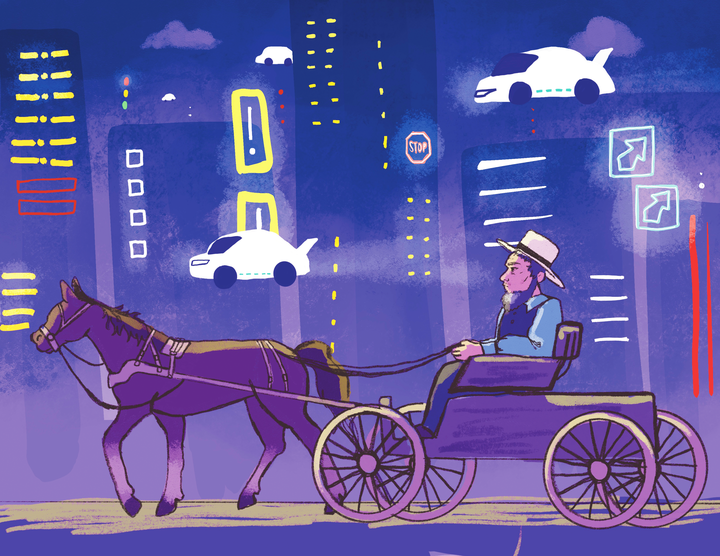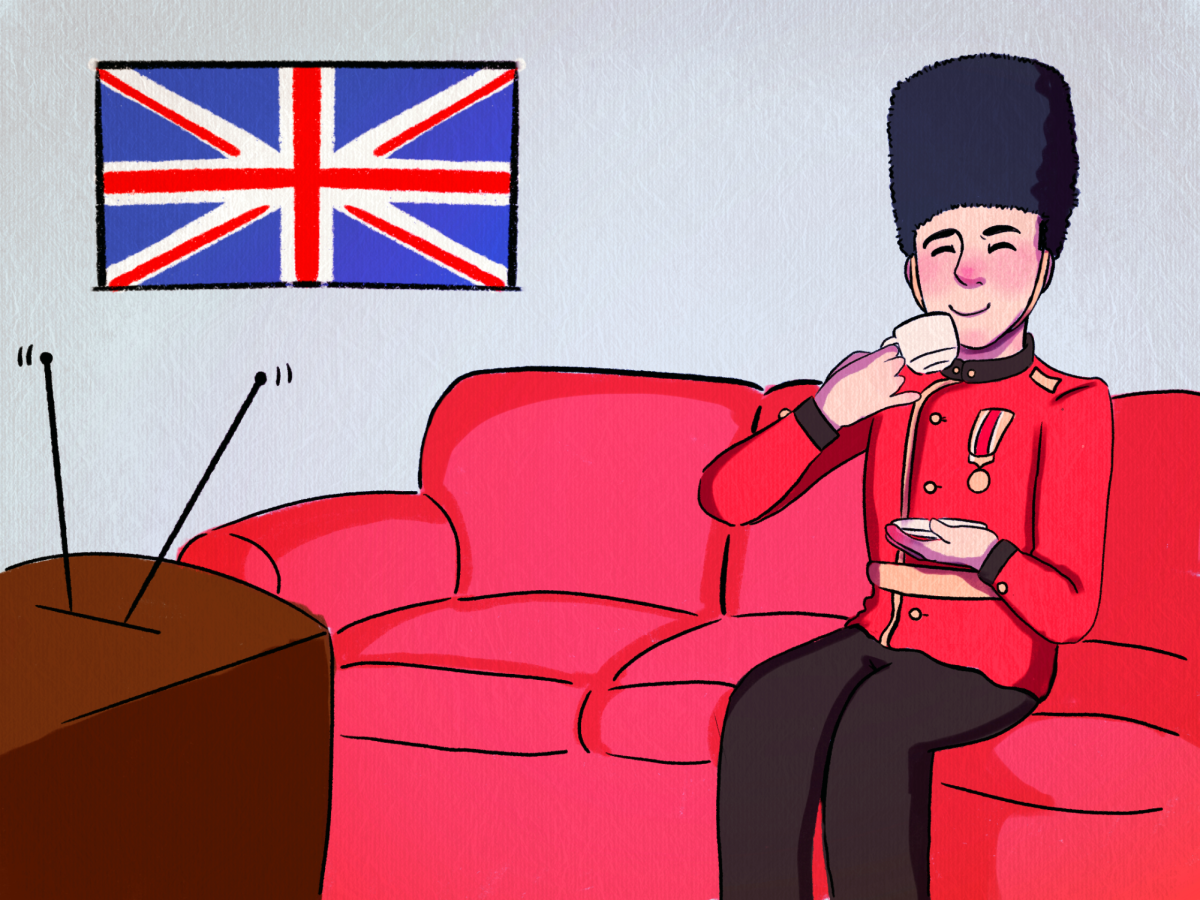At Dartmouth and the University of Pennsylvania, college admissions officers are starting a movement to recruit students based on sexual orientation. Though they have previously done so only by information provided by applicants in their personal essays and group involvement, the schools are considering adding a category on their application that would allow students to list their sexual orientation. According to the Chronicle of Higher Education, one group is petitioning for a similar field to be added to the Common Application.
Gay, lesbian, bisexual and transgendered college applicants should get all the support they need to feel welcome, valued and given due consideration by schools to which they apply. But adding a simple check-box to determine whether students are “”gay”” or “”not”” overly simplifies and belittles a very personal choice.
In the increasingly competitive college market, eager applicants might identify as homosexual in order to seem more desirable to top schools. Though no one should ever have to prove their sexual identification, allowing students to exploit this choice because it makes them seem interesting is harmful to those students who really are gay. Questioning one’s sexual orientation is a subtle and often difficult journey, one that should not be reduced to a box so susceptible to exploitation.
Many students may still be questioning their sexually at the age at which they apply for college, so a box that asks applicants “”Are you gay?”” may be more problematic than “”Do you live in Arizona?”” Colleges should strongly consider admitting a student based on their compelling personal essay on being a lesbian at the debutante ball. But applications officers should not consider a student that checks that box preferentially to a student who does not, especially as it will be optional.
Lesbian, gay, bisexual, transgendered and questioning students should be welcomed to apply for schools and receive the same consideration as any other students. Their sexual orientation might help them qualify for scholarships and financial aid, but it should not factor into the admittance policy. What LGBTQ students and their allies are striving for is equality. Everyone should be treated the same, and should be considered as potential student the same.
LGBTQ students should be commended for their work with organizations that promote gay rights, and should be proud to list such activities on college applications. Colleges should and do consider a students’ passions when considering whether to admit a student, and activism is a factor in that consideration.
Adding this identifier to the Common Application and advertising its significance at schools like Dartmouth and Penn makes what is, for many, a very personal choice into a very impersonal distinction.
—Anna Swenson is a sophomore majoring in English.
She can be reached at letters@wildcat.arizona.edu.








